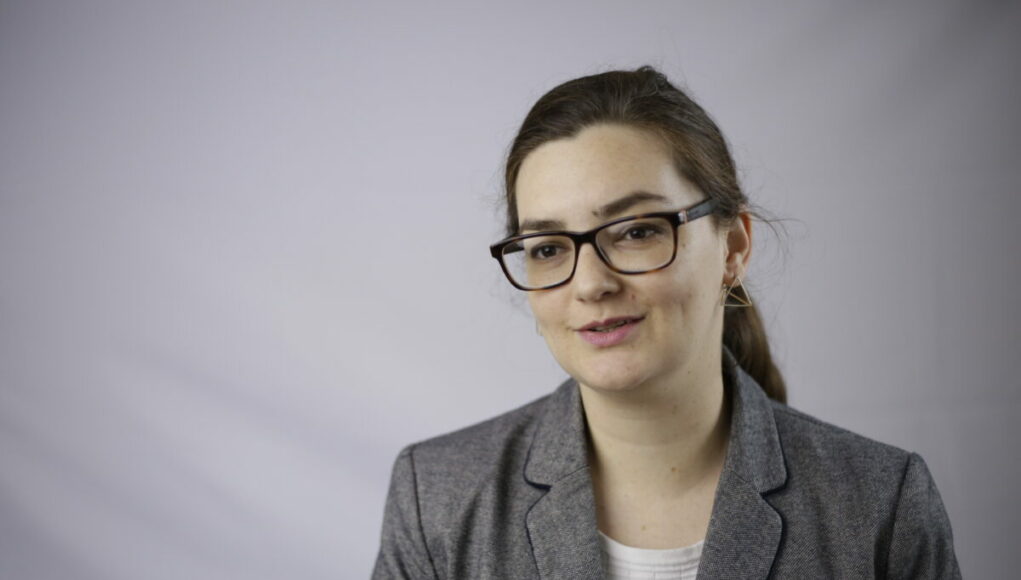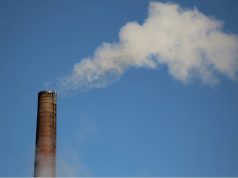INSIGHT by Tatiana Luján, Plastics lawyer at ClientEarth
As the global transportation sector decarbonises, oil and gas stakeholders have been pinning their hopes for survival on the growth in demand for plastics and other petrochemicals. That may have seemed like a safe bet just a few years ago, but as the world starts to awaken to the emergency of plastic waste and take steps to tackle it, critical business risks are dimming the rosy picture the plastics industry has painted. Are investors prepared for what is in the pipeline?
| The plastics squeeze is happening
On the demand side, peak plastics is looming. Market analysts started warning about vast oversupply several years ago, declaring that plastics margins were plummeting as a result of a global overcapacity. Experts estimate that increasing pressure to curb the use of plastics could cut down virgin plastic demand growth from 4% a year to under 1%, with 2027 witnessing the demand peaking. BP appears to have seen the writing on the wall and is ratcheting down its petrochemicals operation.
The Covid-19 pandemic and ensuing economic crisis has done nothing to soften the blows, quite the contrary. The pandemic has triggered a cascade of events that is accelerating the plastics, gas and oil sectors’ ongoing decline.
| Governments’ single-use crackdown
On the regulatory side, policymakers in Europe and China – both major plastics markets – are taking steps to clamp down on plastic waste. A set of taxes, bans and regulations are set to enter into force in many countries. The EU recently adopted three key directives on waste and plastics as well as the groundbreaking Single-Use Plastics Directives. These will be put into national law in each of the 27 EU Members States within the next couple of years and have major consequences for businesses.
Even in the UK, a tax on plastic packaging is in the works, with an estimated charge of around £150-£200 per tonne for plastic packaging that does not meet the criterion of containing at least 30% recycled material.
This inevitable direction of travel is not only noticeable in Western countries. China is also moving forward with bans and restrictions on single-use plastics. The first major flag came in 2018 when the country largely closed down its industry for importing and processing plastic waste – the world’s largest – forcing exporters to solve the waste issue at home. The easiest way to do that, of course, is to reduce output.
These new regulatory tools are forcing the plastics industry to internalise the costs they have previously been allowed to externalise to taxpayers, the environment and people’s health. The result? These companies’ bottom lines will take an existential hit.
| Courtroom action
Transition risks presented by changing regulations are not the industry’s only Achilles’ heel. Investors should be wary of litigation risks. Just in the last year, we have seen new legal challenges emerge against US beverage manufacturer Keurig for allegedly misleadingly claiming that its coffee pods are recyclable or against US petrochemical manufacturer Formosa Plastics for illegally dumping billions of plastic pellets and other pollutants into waterways – which led to the largest citizen suit settlement in US history.
ClientEarth is taking action against the expansion of petrochemical giant Ineos’ planned plastics refinery in the port of Antwerp. Known as “Project One”, the facility would be the company’s biggest investment yet, producing plastic pellets to be sold on for the manufacture of different plastic products – and joining several existing plants in the Port, which already flood protected nature areas with escaped plastic pellets. Following our legal challenge alongside several Belgian campaign groups, the project is facing delays of over a year.
| Time to seriously rethink investing in plastic
With all the above factors at play, economics experts estimate that $400 billion of petrochemical industry investments are at risk of becoming stranded assets – investments that are no longer able to earn an economic return as a result of changes associated with the transition to a low-carbon economy. That is nearly an entire year’s revenue for the global plastics industry.
Investors have been slow to react to the business risks related to plastic. Even those that have recognised the financial risks associated with climate change and have made pledges to decarbonise their portfolios have not yet cut ties with plastic production. That is the case with BlackRock, which champions climate stewardship and yet still holds bonds in Ineos. This is an untenable stance, given that the supply of plastics industry is carbon-intensive from oil extraction all the way through to disposal.
It is clear that financial institutions, from banks to insurers to asset managers, face business risks related to plastics that go far beyond the issue of social responsibility. Investors need to wake up to the implications these shifts will have for their portfolios.
To protect their interests – and to comply with their legal and fiduciary duties towards the people who have entrusted them with their savings – investors need to assess their portfolios and check their exposure to material business risks related to plastic. There are two ways forward. When it comes to petrochemical companies, whose sole purpose is to churn out more plastics, investors claiming to be green should divest. But for those companies who use plastic for their products and packaging, investors have a crucial role to play in getting them to commit to reducing the use of unnecessary plastic.
The more progressive players will also appreciate that the investment decisions of today directly shape the world we will live in tomorrow – including their own ability to operate.
| brief bio
Tatiana Luján is a lawyer leading ClientEarth’s plastics programme. She works with lawmakers, businesses and investors to push for long term solutions to stop this source of pollution. Prior to joining ClientEarth, Tatiana worked for the London School of Economics and Political Science on the relations between China and Latin America and the impact of those relations in the quality and enforcement of environmental regulations in the region. Before moving to London, Tatiana worked for the chambers of Julio Enrique González Villa, one of Colombia’s most renowned environmental lawyers, on several ground-breaking cases concerning environmental issues.
| about
ClientEarth is a charity that uses the power of the law to protect people and the planet. We are international lawyers finding practical solutions for the world’s biggest environmental challenges. We are fighting climate change, protecting oceans and wildlife, making forest governance stronger, greening energy, making business more responsible and pushing for government transparency. We believe the law is a tool for positive change. From our offices in London, Brussels, Warsaw, Berlin and Beijing, we work on laws throughout their lifetime, from the earliest stages to implementation. And when those laws are broken, we go to court to enforce them.
| All opinions expressed are those of the author. investESG.eu is an independent and neutral platform dedicated to generating debate around ESG investing topics.








